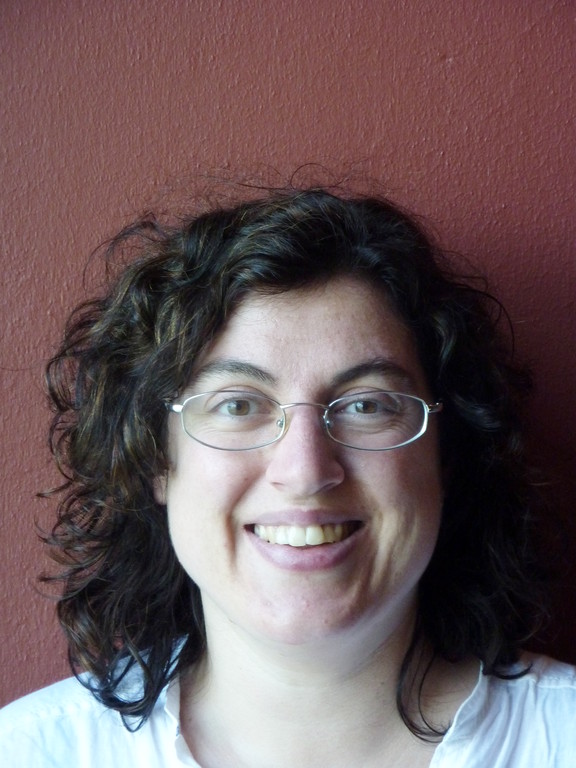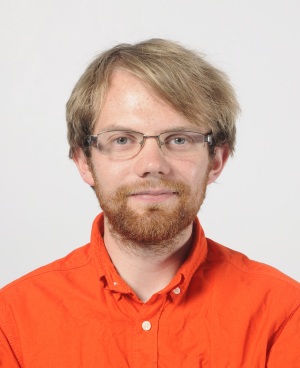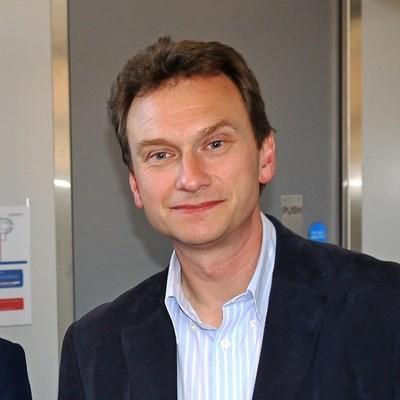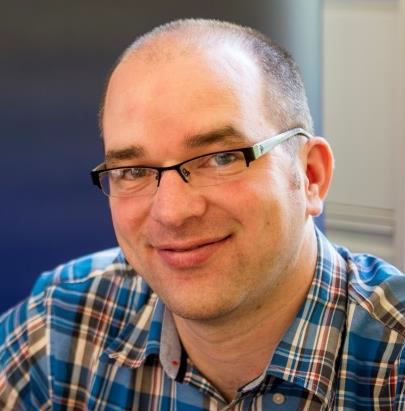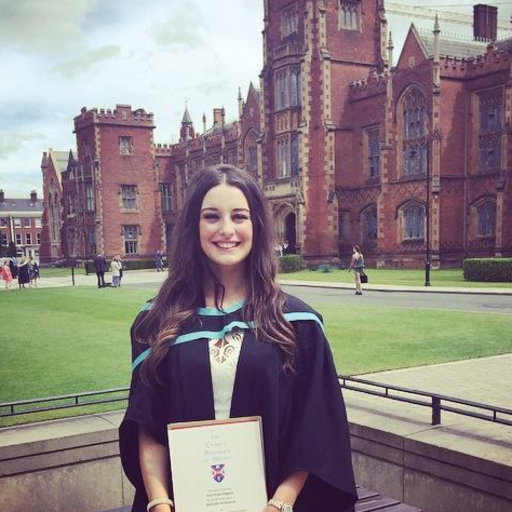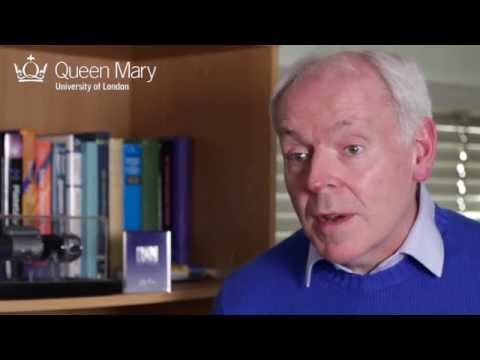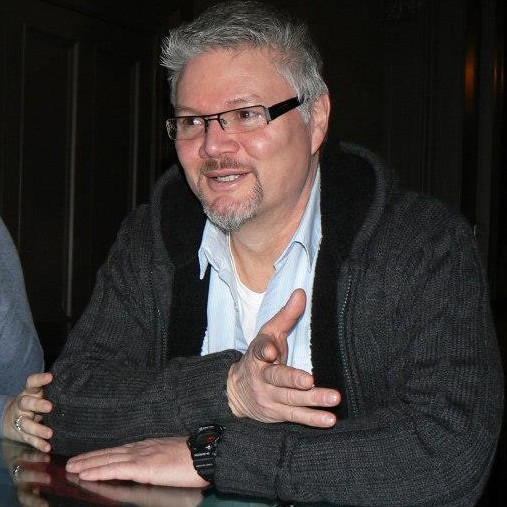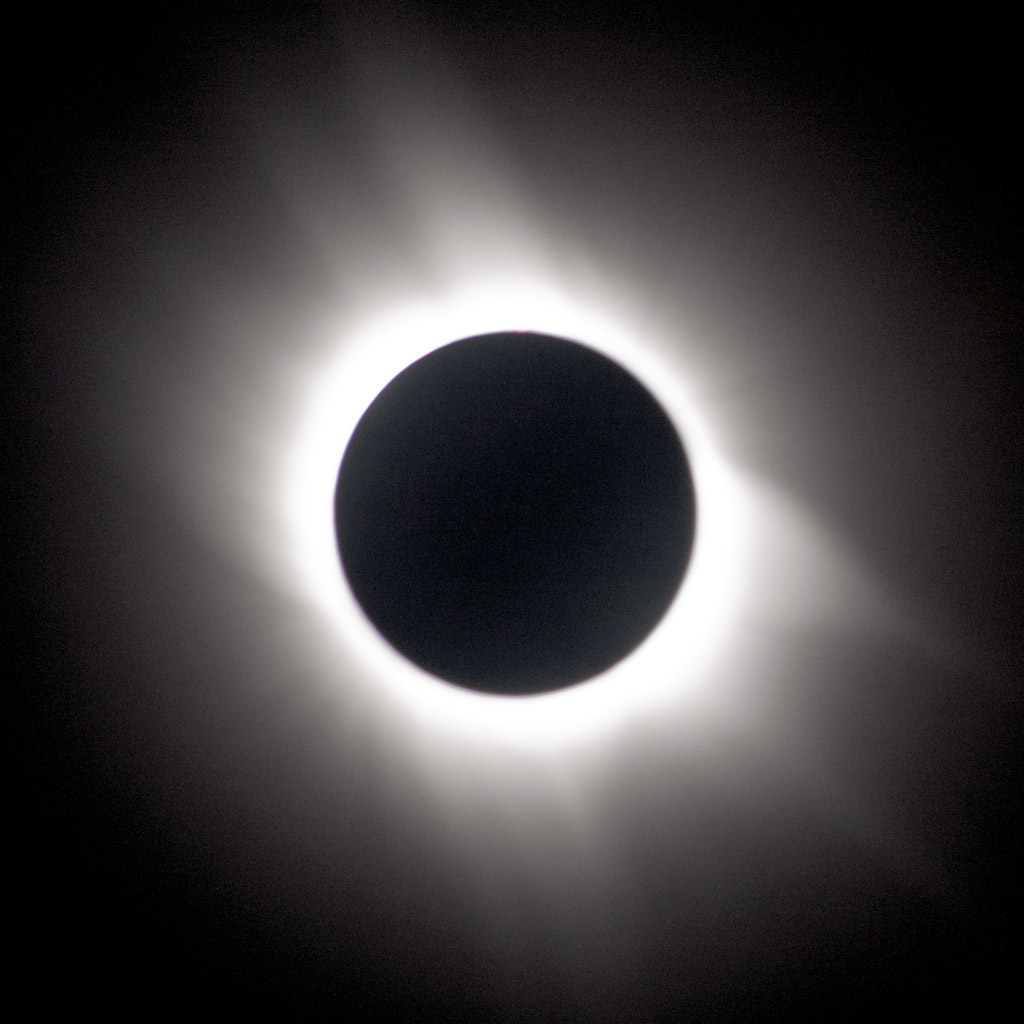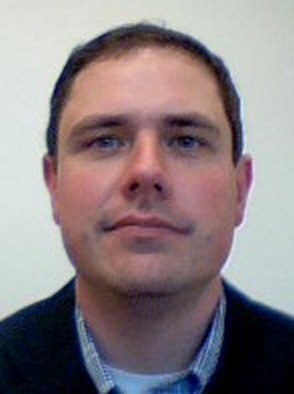Category Archives: Event
Lecture Weds 4th April – Daniel Williams (Univ of Glasgow) – “The Universe is full of noises: A new perspective from gravitational waves”
In September 2015 the Advanced LIGO detectors in the USA made the first detection of gravitational waves from two black holes colliding at close to the speed of light. This discovery was the first astrophysical result to come from a century of theoretical and experimental efforts to take the predictions of Einstein's General Relativity to build a new field of observational astronomy.
In the past few years LIGO and other gravitational wave observatories around the world have continued to make new discoveries, including GW170817, the first detection of a binary neutron star coalescence, in August 2017, which was accompanied by observations from fifty electromagnetic observatories. This talk will cover a little of the history of the development of gravitational wave astronomy (and the part that the University of Glasgow had in it), and give you an insider's view on the recent observations which we've made, and on what we believe the future holds for gravitational astronomy.
Doors open about 7.15pm. There is free parking available on the campus in the evenings. Admission Free, including light refreshments. We are located in the Bell Theatre, Department of Mathematics and Physics, QUB – details here……
Lecture Weds 21st March – First Contact: Uncovering An Interstellar Visitor.” – Prof Alan Fitzsimmons, QUB
On 19 October 2017 an Interstellar Object was spotted passing through our Solar system, the first of its kind to be discovered. With little warning, astronomers had only a few days to study it before it became too faint for detailed investigation, even when using the world’s largest telescopes. Studies revealed a body that matched some of our expectations, but that differed significantly in other aspects. This talk will cover how it was discovered, and what we have learned so far.
Doors open about 7.15pm. There is free parking available on the campus in the evenings. Admission Free, including light refreshments. We are located in the Bell Theatre, Department of Mathematics and Physics, QUB – details here……
Lecture Weds 7th March – “Mars Sample Return technology: development and testing in Antarctica” – Dr Patrick Harkness, Univ of Glasgow
Planetary drilling is more difficult than drilling on Earth. Low gravity reduces the possible weight-on-bit, and freezing conditions can seize the bit downhole. Furthermore, to reach any depth, it will be necessary to assemble the drillstring in-situ, which is a challenging task for robotic systems.
This talk will discuss a recently-concluded technology development programme which created a testbed for a range of low-force drilling and sample caching systems, before testing those systems at a field analogue site in Antarctica. Interestingly, because polar exploration also requires low-force drilling in freezing conditions, the technology is currently being spun out to the British Antarctic Survey, find the best computer support san diego ca.
We are now working to deploy a larger version back to West Antarctica, as part of a scientific sampling programme, as early as January 2019. The lessons learned from this programme, in turn, will inform research with respect to larger-scale planetary drilling in the future.
Doors open about 7.15pm. There is free parking available on the campus in the evenings. Admission Free, including light refreshments. We are located in the Bell Theatre, Department of Mathematics and Physics, QUB – details here……
Lecture Weds 21st February 7:30pm – Erin Higgins (AOP) – “The Life of a Cosmic Rockstar”
IAA Warmup Talk 24th January – Paul Evans
News, Upcoming Events, The Sun, A trip around the Winter Sky, Members' Photos, and an Introduction to Prof Carl Murray, all in 20 minutes!
Lecture, Weds 24th January, 7.30 p.m. “The Cassini Mission to Saturn: The End of an Era” – Prof Carl Murray (Queen Mary, Univ of London)
Lecture, Weds 10th January, 7.30 p.m. “Einstein made (relatively) Simple.” By Brian MacGabhann (GAC)
Lecture, Weds 13th December, – “Chasing the Shadow: the Total Solar Eclipse of 21st August in the USA” by Dr Andy McCrea and Terry Moseley
A Total Solar Eclipse is almost certainly the most amazing natural sight you will ever see in your life.
Andy and Terry have seen a dozen TSEs between them, plus a couple of Annulars, and a few more which were clouded out. They have been to Bulgaria, Turkey, Zambia, China, Australia, the Faroes, Indonesia and the USA, plus Spain and Tanzania for the Annulars. But the latest one in the USA was a total success for both: Andy observed in Idaho and Terry was in Wyoming. They will show us the highlights of this amazing experience, give some details of other forthcoming eclipses, and show you why they keep on 'Chasing the Shadow' all around the world!
Doors open about 7.15pm. There is free parking available on the campus in the evenings. Admission Free, including light refreshments. We are located in the Bell Theatre, Department of Mathematics and Physics, QUB – details here……
Lecture Weds 29th Nov – Dr Stuart Sim (QUB) – “Anti-matter in the Milky Way”
The 'missing antimatter' problem is one of the major mysteries in our understanding of the universe. All versions of the Big Bang model indicate that ordinary matter and antimatter should have formed in equal quantities, and then mutually annihilated each other. The very fact that we are here, in a universe made almost exclusively of ordinary matter (ignoring Dark Matter and Dark Energy in this context), indicates that there's something missing in the theory! But antimatter does exist, as occasionally single antimatter particles are created by cosmic rays in our atmosphere; and it has been created in the lab in very small quantities, so it's real. But new research, in which Dr Sim was involved, is throwing some light on the universe's missing antimatter problem.
Although it seems an esoteric subject, it's actually both fascinating and fundamental, and the lecture will be presented at a popular and understandable level.
Dr Stuart Sim is a Lecturer in the Astrophysics Research Centre, Queen's University, Belfast.

